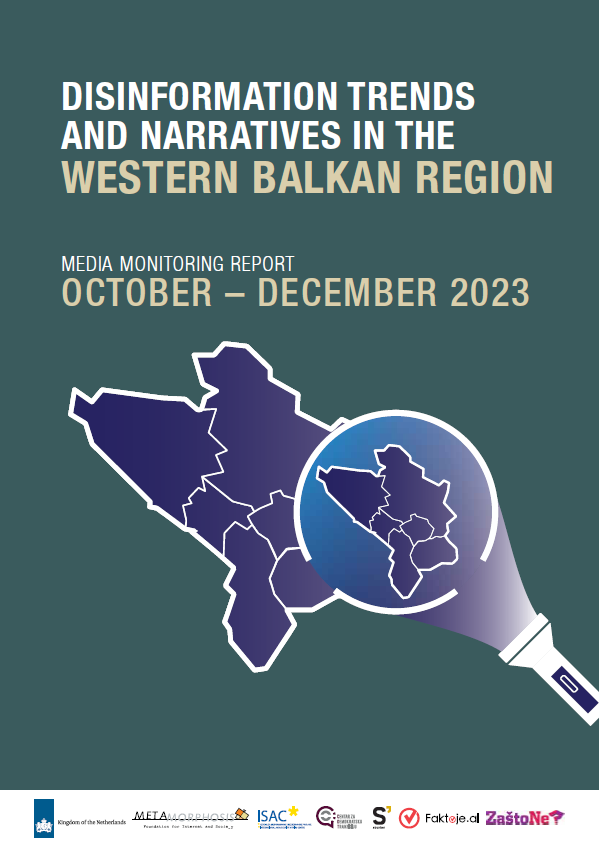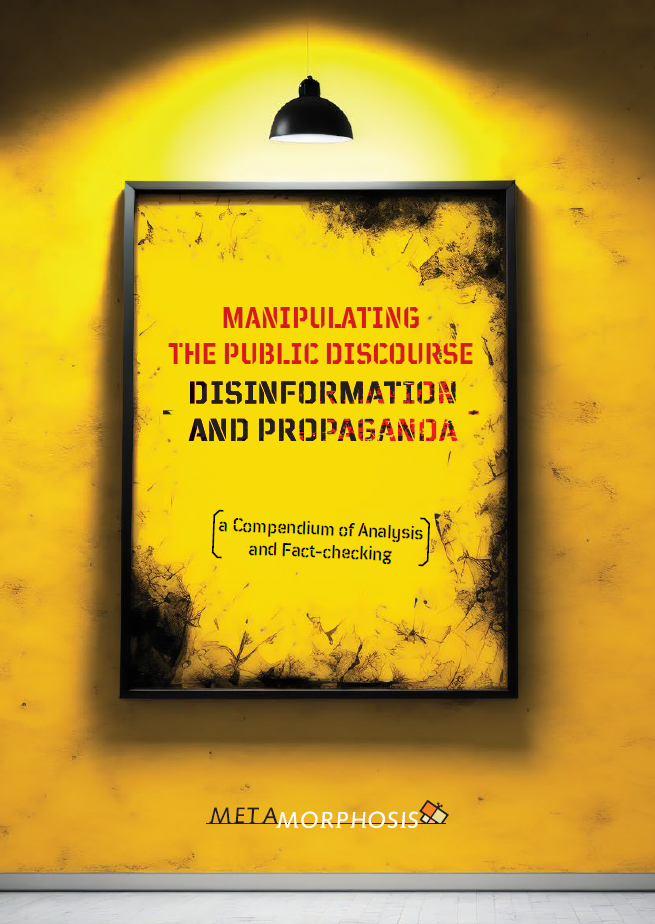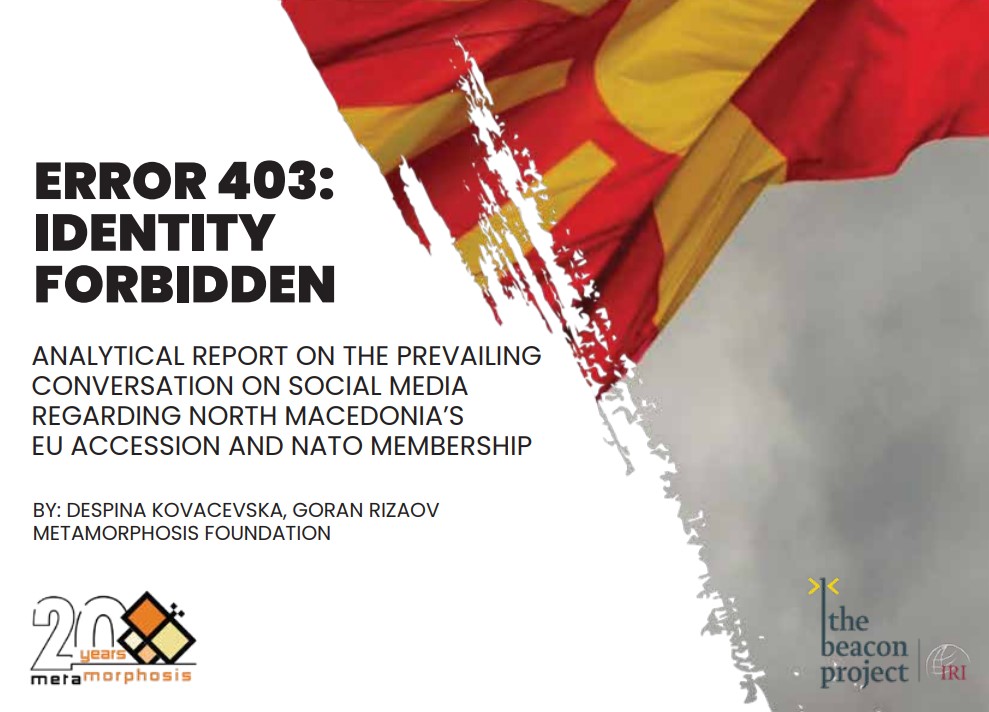Digitalization in all spheres and for all social groups is an effective mechanism for improving the well-being of citizens. The need for digitalization became even more apparent due to the COVID-19 pandemic, as it pointed to the urgent need for mechanisms, tools and adapted regulation for better organization and a fully functioning society. In the COVID-19 aftermath, it is even more evident that there is a need for digitalization in order to make the citizens, businesses and societies as a whole more resilient and able to withstand external shocks and changes.
The Digital Agenda (DA) covers the development of the information society in the broadest sense. Usually, the term is used jointly with the other terms such as information society, digital society, and e-government. Most often, information society corresponds with the term digital society while e-government should be used exclusively to denote electronic services provided by the public administration. To actualize the issues of DA in the countries of the Western Balkans, in the past three years, the project “Increasing Civic Engagement in the Digital Agenda – ICEDA” has been focused on the implementation of: e-government, raising public awareness, digital literacy and civic participation. Within this framework, in the period between March and May 2022, research consistent with the baseline study (conducted in the period between May-June 2020) and 2021 study (conducted in the period between March-May 2021) was conducted in each of the targeted Western Balkan countries, namely Albania, Kosovo, Montenegro, North Macedonia, and Serbia.
The aim of the research is to measure the progress in relation to the initial state of the areas correlated with the DA. Specifically, this document represents a cumulative report of DA advancement in each of the targeted Western Balkan countries from the Baseline research1 up until this research, which provides a comparative overview of the current situation in this field. More specific information for each country can be found in the individual Country reports, links which are available in the Roadmap section of this document. This product is available in English, Macedonian, Albanian and Montenegrin language.
This publication was produced with the financial support of the European Union. Its contents are the sole responsibility of the ICEDA project partners and do not necessarily reflect the views of the European Union.




























